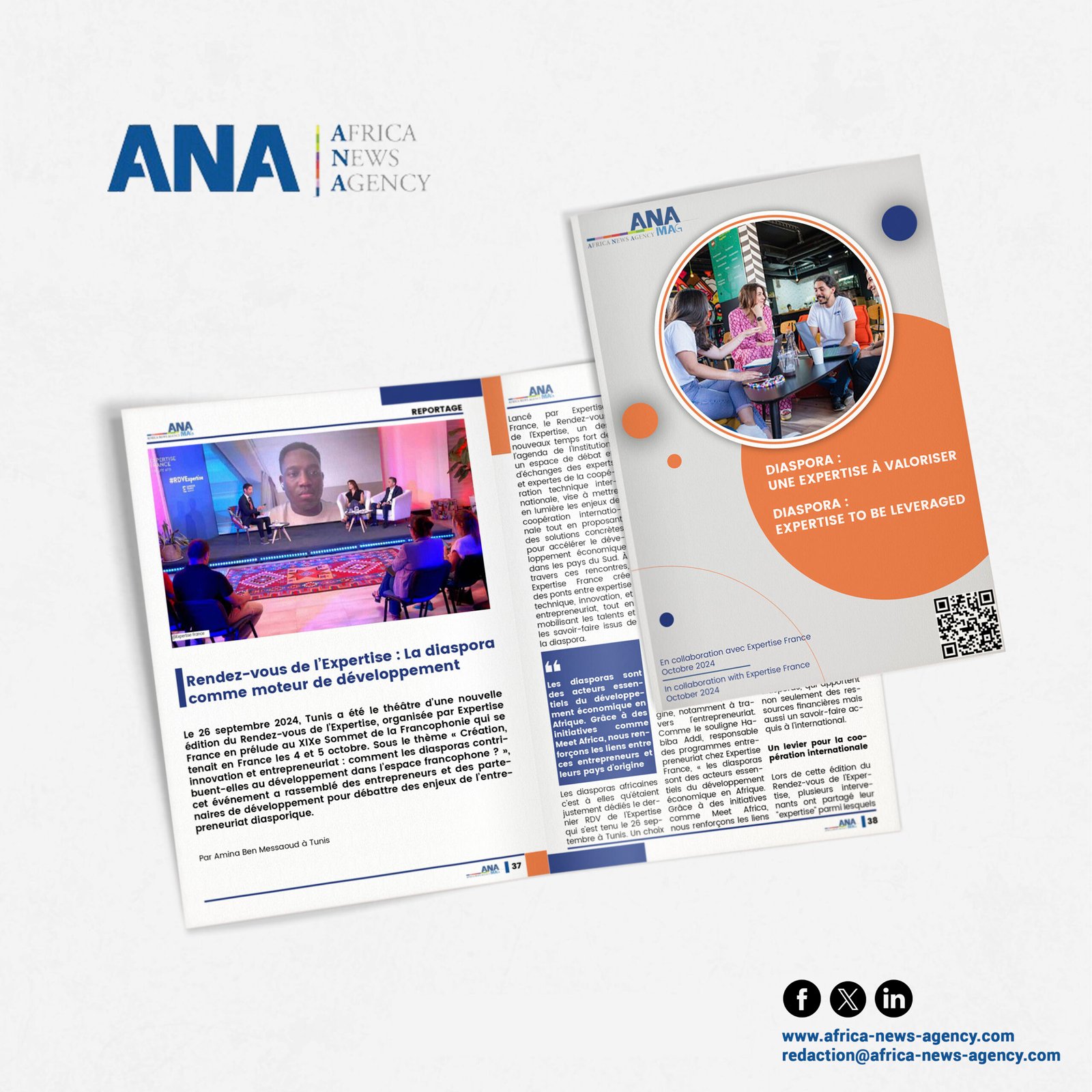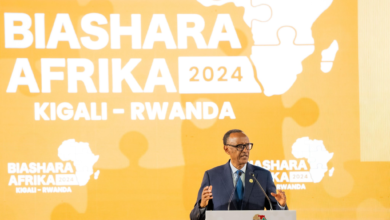In Togo, people bordering the mining sites feel that they are not benefiting enough from mining activities. The old mining code should be reviewed to comply with the West African Economic and Monetary Union (UEMOA) standards in order to meet the expectations of populations by creating much more wealth. Therefore, Togo has just validated a new mining code at the end of February 2017, to come into force in March of the same year.
Developed in 1996, the former Togolese mining code did not bring satisfaction to the people bordering the mining sites who now want to benefit from the financial effects of mining activities due to the lack of specific rules. Despite the adoption, in 2003, of an UEMOA Community Mining Code, much remained to be done in member states for the development of the mining industry in the area. Still, the texts have been unsuitable and no longer fit with the current developments. Therefore, new ones had to be developed, and the Togolese authorities decided to work out a new code meeting the UEMOA standards. Togo will now maximize revenues from the extraction of resources to improve the living conditions of the population.
A new code for the creation of national wealth
The new mining code aims to involve all stakeholders in the sector to take into account their current and future concerns. Indeed, the document validated at the end of February considers the suggestions of all stakeholders. According to Minister of Mining and Energy, Abli Bidamon Dèdèriwè, « the Togolese government’s concern for a new economic recovery is to confirm each sector of the national economy in the role assigned to it, by providing enough resources to contribute effectively to the creation of national wealth. »
This new code, according to the civil society, will allow to generate more jobs and create wealth in the local communities. « Some texts of the old code should be reviewed as it has become obsolete, thus allowing the various parties involved in the mining sector to benefit from it. It will generate much more jobs and create wealth for the local populations, » said Danklou Abraham, Chairperson of the Association for Integral Development. It came out that it would be adopted by the Togolese parliament in the days to come.
The CSR context in the UEMOA area
For a long time left behind, this new code focused on the development needs in the extraction areas, the well-being of local populations and the protection of the environment. According to the Director of Mining Development and Control, Nestor Kossi Adjéhoun, « the mining code adopted by UEMOA in 2003 no longer fits with the developments of the sector. The advantage of these new texts for our countries is that they will benefit a lot from the extraction of resources. The local people will benefit from the extraction windfall through development in situ. The mining extraction will first benefit the areas through the concept of Corporate Social Responsibility (CSR) developed by UEMOA in its new code « .
« Now, with this new mining code, mining extraction in an area will benefit more the area than the country, » he added. The new code will help meet the challenges of the mining industry while fighting poverty in Togo.
A text extended to the whole area
This concept will also be observed in other UEMOA member countries and then harmonized this month (March 2017) in Burkina Faso. The updated document will take into account the developments in the mining sector worldwide. As a reminder, the mining activity rose sharply with a contribution to the secondary sector from 2.1% to 17% in 5 years. The contribution of the sector to the development of Togo is reflected in many ways: in terms of existing investments, added value in the formation of national GDP, product export volumes; direct national jobs created with a significant wage bill; taxes and other charges contributing to tax revenues. Actually, the upward trend in exports over the last ten years (from CFA 483.5 billion in 2010 to CFA 684 billion in 2014) is supported by the mining sector, and more precisely dominated by phosphorus, clinker, iron and cement, according to the Economic Department.
To support Togo’s effort in improving governance in the sector, the Togo Mining Development and Governance Project (PDGM) was launched in 2016 over a period of 5 years with the support of the World Bank. The project includes several components, such as: modernizing the mining cadaster, carrying out the institutional audit of the sector; enhancing transparency and accountability, sustainable development, and rehabilitating and updating basic mining information.






